Longform
What's Up, Doc?, 1972 - ★★★★
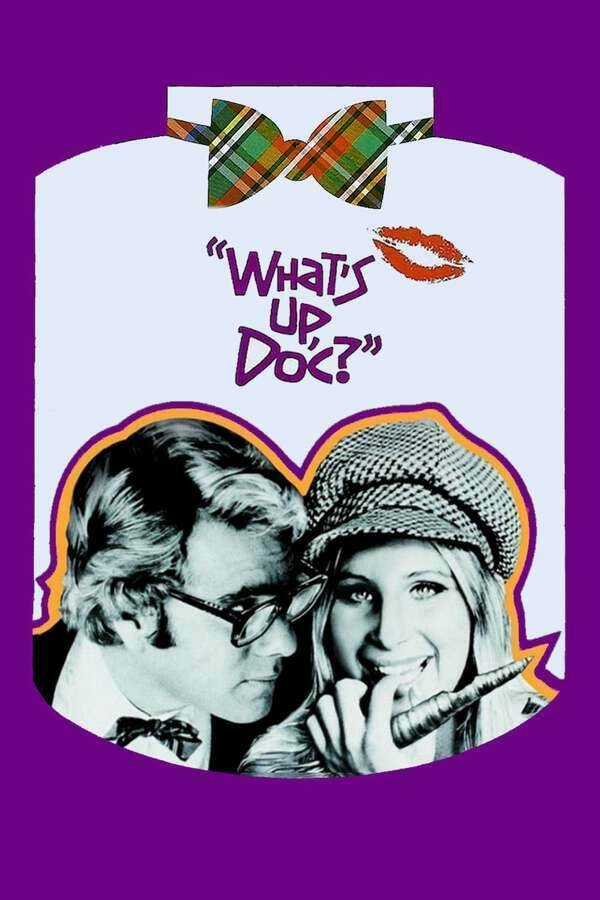
Fancied watching a screwball comedy. I remember seeing this with my parents when I was a kid. They loved it, and so did I.
Turns out it stands up pretty well. Four people arrive in San Francisco and check into the same hotel. They have identical suitcases. What could possibly go wrong?
Contains what was probably the first car chase I ever saw, and remained the funniest until, I'd guess, I first say The Blues Brothers.
The Death of Stalin, 2017 - ★★
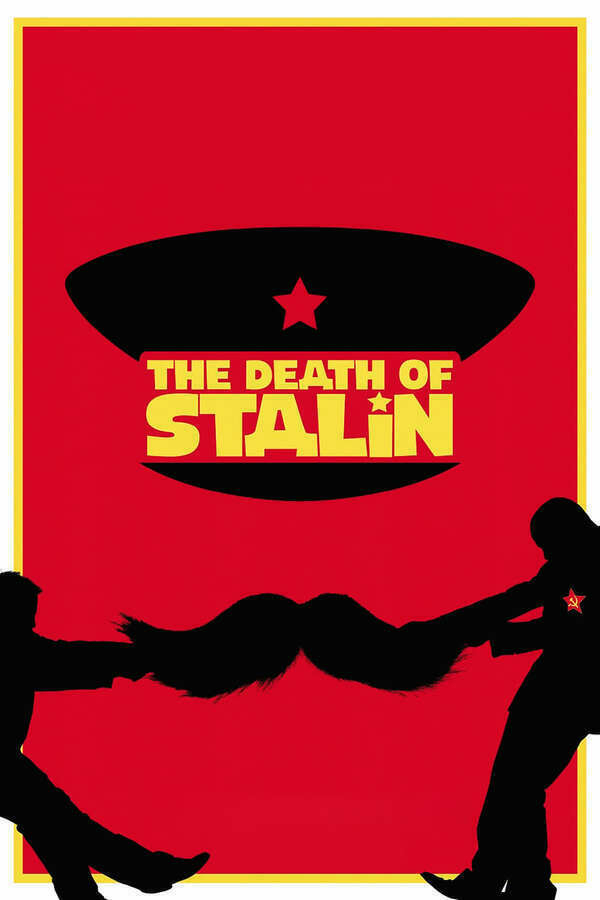
It's a comedy, but I have to say, I find very little humour in it. Especially not the first half.
Certainly there's farce: moving Stalin's body around, all that. But the terror, the killings, the torture, the rape: none of it shown, exactly, but all right there in front of you. It's mostly just too fucking serious for me to laugh at it.
Murder on the Orient Express, 1974 - ★★
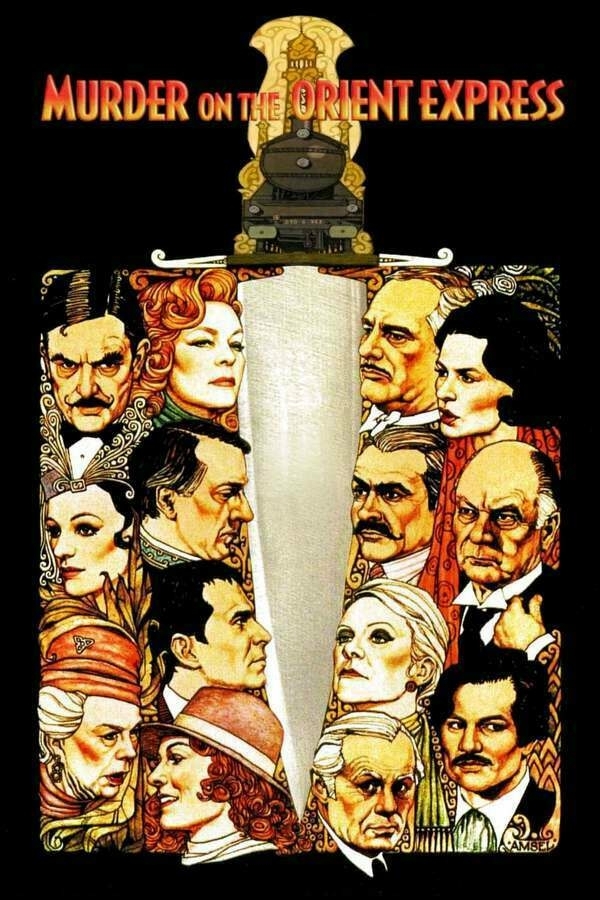
We've been watching the old <cite>Poirot</cite> TV series, inspired by me getting the book this film is based on last Christmas. More on the series later, perhaps, but it drops in quality in later seasons, when the production company changes.
And in season 12 it does <cite>Murder on the Orient Express</cite>; and it frankly does quite a bad job of it. Not least in the suddenly-Catholic Poirot's struggle with his conscience.
Having him struggling with his conscience over his decision at the end isn't automatically a bad thing. But in the context of the series, it's just not the same character as earlier.
However, we're talking about the 1974 Sidney Lumet film version here. It's no more than OK. If you didn't know the story maybe it would be better, but I'm not sure. It's quite a stellar cast, and most of the individual parts are played well, but in the end it all just comes out as not very good.
Maybe the source material is to blame. Or more likely, the setting. It's like a bottle episode, in that it almost entirely takes place on the train. That maybe doesn't lend itself well to good cinema.
Wicked Little Letters, 2023 - ★★★
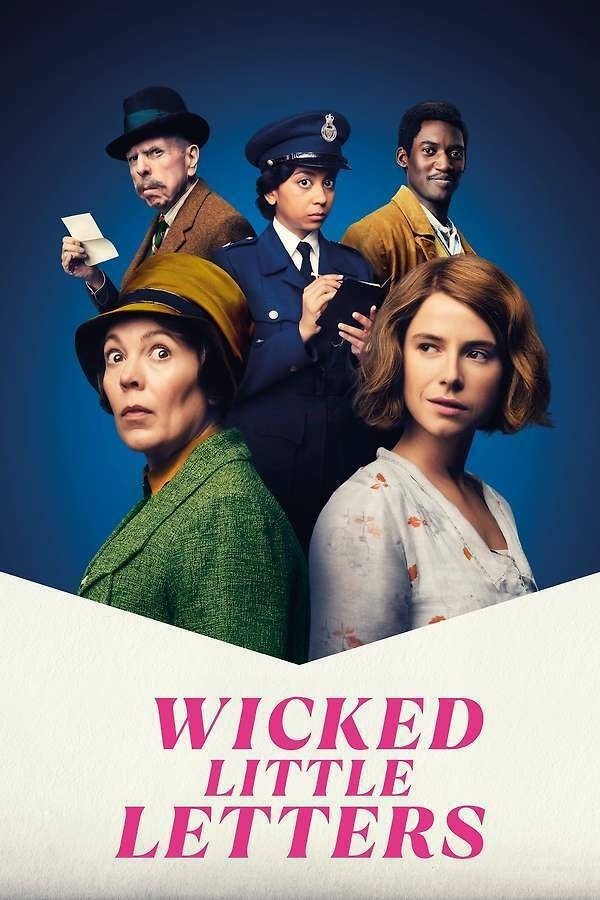
Billed as s comedy, and based on a true story. It's good, but unfortunately all the funniest moments are in the trailer. So don't watch that if you want the best comedy experience.
It's more drama than comedy, anyway. It's the 1920s in Littlehampton on the the south coast of England, and a woman in her 30s who lives with her parents starts receiving expletive-filled, ranting letters. The whole community is shocked, and who're you going to blame? Obviously the Irish woman who lives next door.
Worth a look.
To the Polls!
And don’t forget your photo ID.

It feels like 97, but I have a niggling fear that we’ve been played and it could still go all 92 on us. Articles like this one: Tories concede defeat with 24 hours until general election polls open, from The Independent yesterday, feel like tactics, more than news.
The intent being, of course, to reduce the anti-Tory turnout (and the overall turnout).
So go and vote. Please. Don’t let these fuckers do any more harm to our country.
One More Week to Hang On
I seem to have largely stopped blogging. Certainly, as a general election approaches, I’ve written nothing publicly about politics.
Consider: in just over a week we could be rid of this appalling Tory government. The Labour one we get in its place (or, just possibly, a coalition) will probably not be much to write home about, but even if its policies are far from perfect, its plans to tax the rich and invest in the country’s infrastructure far weaker than I’d like: things can hardly be worse.
Indeed, they can only get better, right?
I saw Keir Starmer speak at the Fabian Society a few years back. 2020, surprisingly, but January, before the pandemic really got going. He came across there as a thoroughly good and decent, left-wing, progressive guy. I can’t remember anything he said specifically, but it was positive, you know?
Now, he’s generally seen as timid, scared of appearing to be too left-wing, that sort of thing, or worse. While at the same time seemingly fierce at purging the left of the party. And poor on women’s rights, to say nothing of his dealings with women MPs and candidates.
Still, after the shitshow of the last few years, I’ll accept competence, as long as it’s not right-wing competence.
The Man with Two Brains, 1983 - ★★★
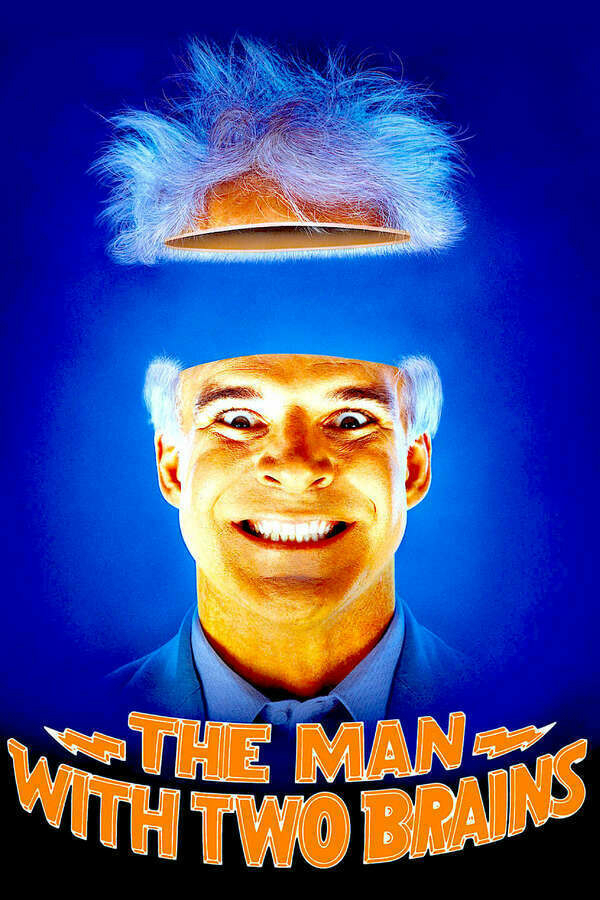
I like Steve Martin movies a lot. Or I did like them back when I watched them years ago. It's been a while.
This doesn't stand up as well as I might have hoped, and there are some downright shocking moments, with one casual use of several racial slurs.
But it still has its moments, still has the pointy bird and the scum queen, so I'll give it that.
Roald Dahl's Matilda the Musical, 2022 - ★★★★
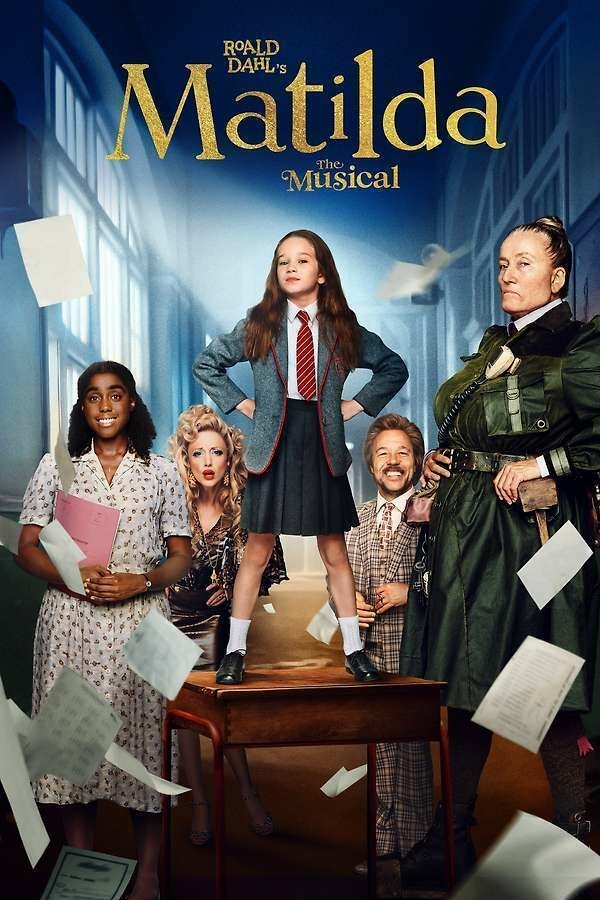
We've seen the stage version, seen the older film, read the book to the kids, and this is probably the maddest of the lot.
Tim Minchin's songs are excellent, of course, and the young lead, Alisha Weir, carries the whole thing so well. And Emma Thompson has come such a long way from Suzi Kettles. whom I still always think of her as.
Wonderful.
Spotlight, 2015 - ★★★★
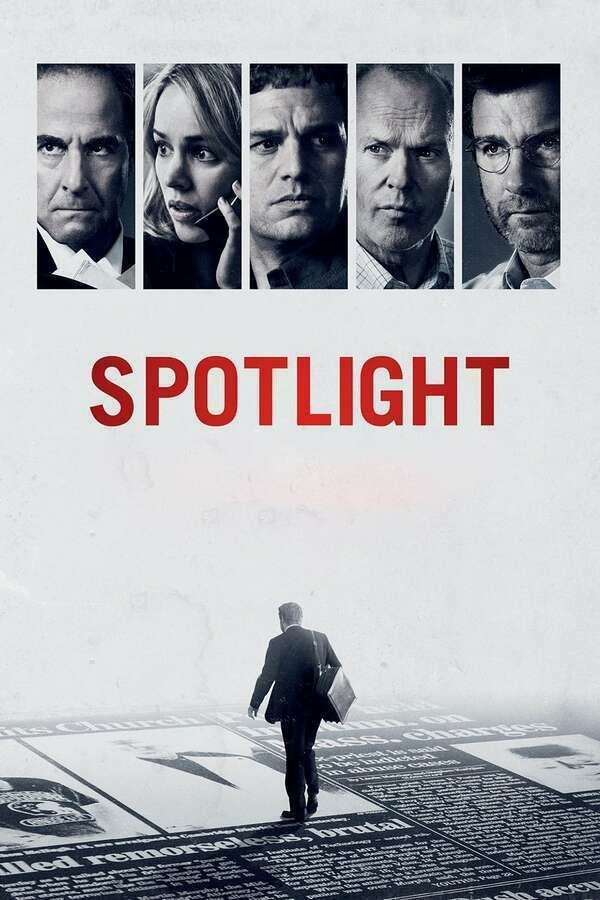
We saw this maybe back when it came out, or not long after. It's really good, stands up incredibly well. The story of how an investigative team at the Boston Globe, the titular Spotlight, broke the story of the vast web of child abuse by Catholic priests, and the long-standing coverup by the church hierarchy.
Beverly Hills Cop, 1984 - ★★★
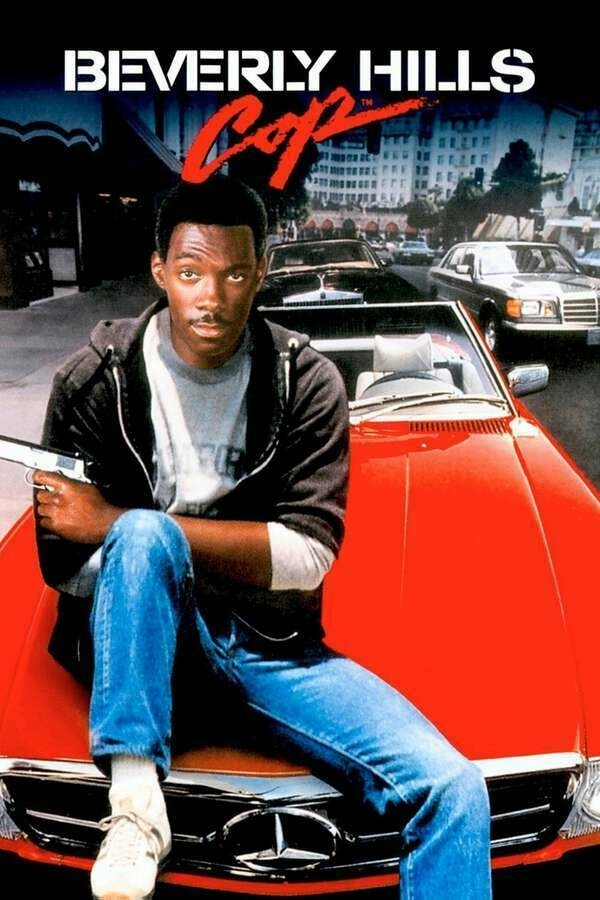
Stands up well after all these years. I saw it in the cinema when it first came out. Eddie Murphy is great as the titular cop, Axel Foley.
It's number 18 on this list of fifty best comedy films we've been using lately. I don't think it deserves to be quite that high, but it certainly deserves to be on it.
Perfect Days, 2023 - ★★★★½
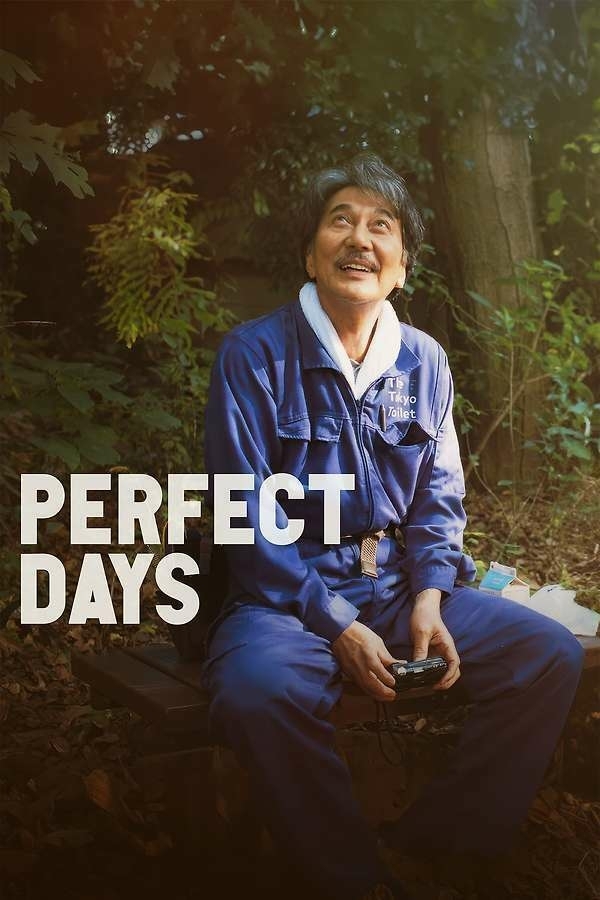
Wim Wenders's strangely compelling, meditative piece about a man who cleans public toilets in Tokyo. Sounds like it shouldn't be anything, but is the best thing I've seen all year so far.
Good use of music, with our hero listening to the Velvet Underground, Patti Smith, and others, as Hirayama plays cassettes in his car.
It's far deeper and more complex than all this would suggest.
The Naked Gun: From the Files of Police Squad!, 1988 - ★★★★
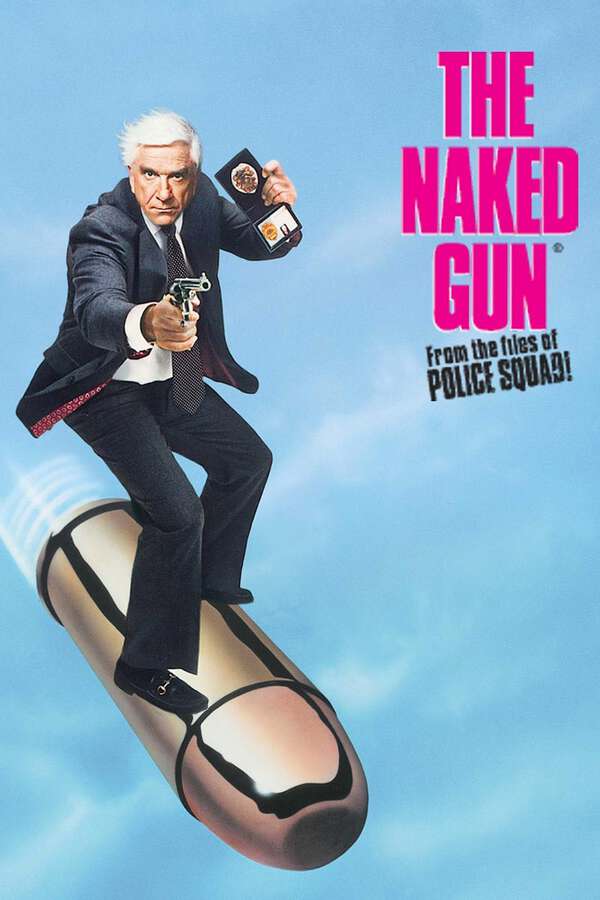
This stands up surprisingly well after all these years. A hilarious romp. Some of the worst parking you’ve ever seen.
A list of 50 best comedy films we were looking at puts it above Airplane which I don’t personally agree with. But it’s up there near it, certainly.
The Naked Gun: From the Files of Police Squad!, 1988 - ★★★★
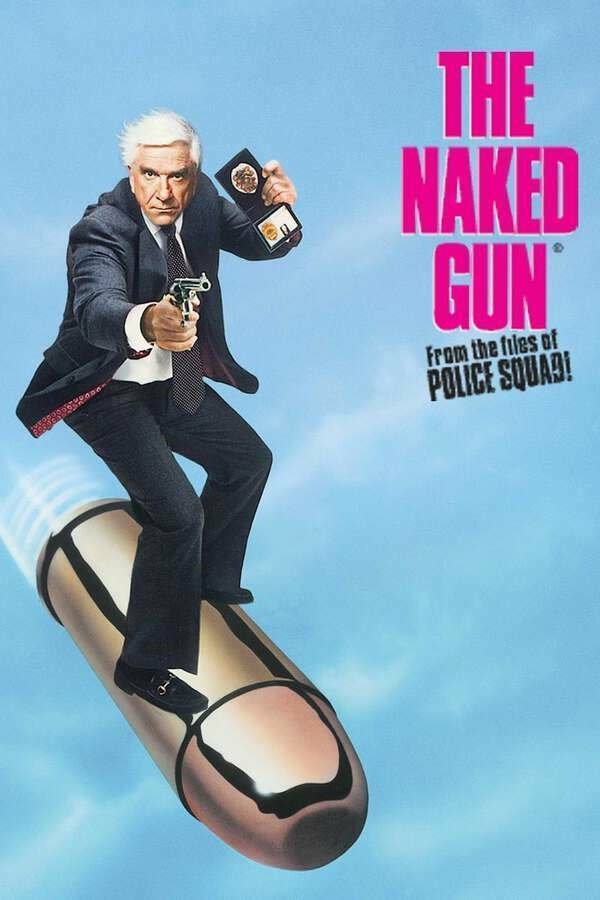
This stands up surprisingly well after all these years. A hilarious romp. Some of the worst parking you’ve ever seen.
A list of 50 best comedy films we were looking at puts it above Airplane which I don’t personally agree with. But it’s up there near it, certainly.
Game Night, 2018 - ★★★★
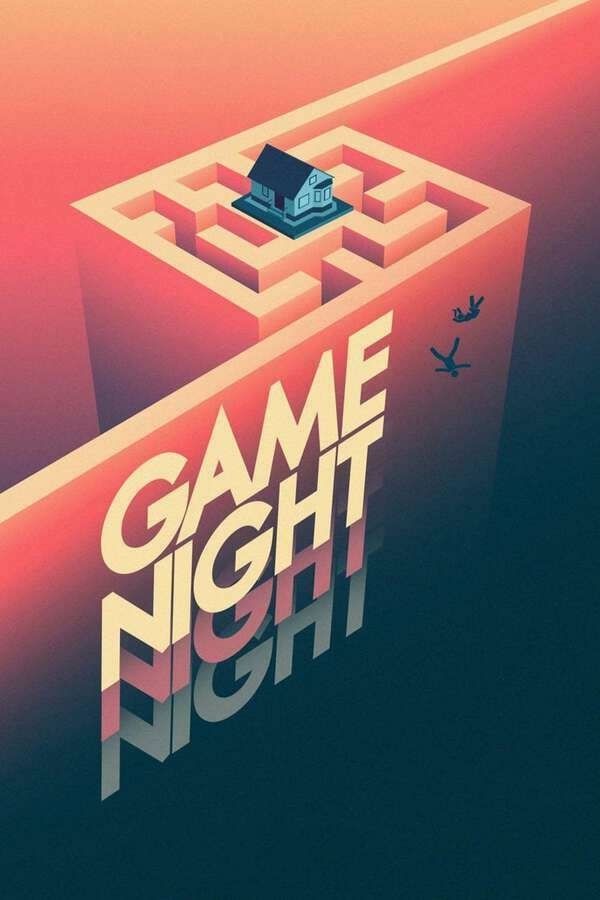
A gloriously funny romp. A farce in the best sense. A couple like to have regular game nights. His brother likes to win. So do both of the couple, to be fair.
But the brother wants to put on a special game night. And things get crazy.
Society of the Snow, 2023 - ★★★½
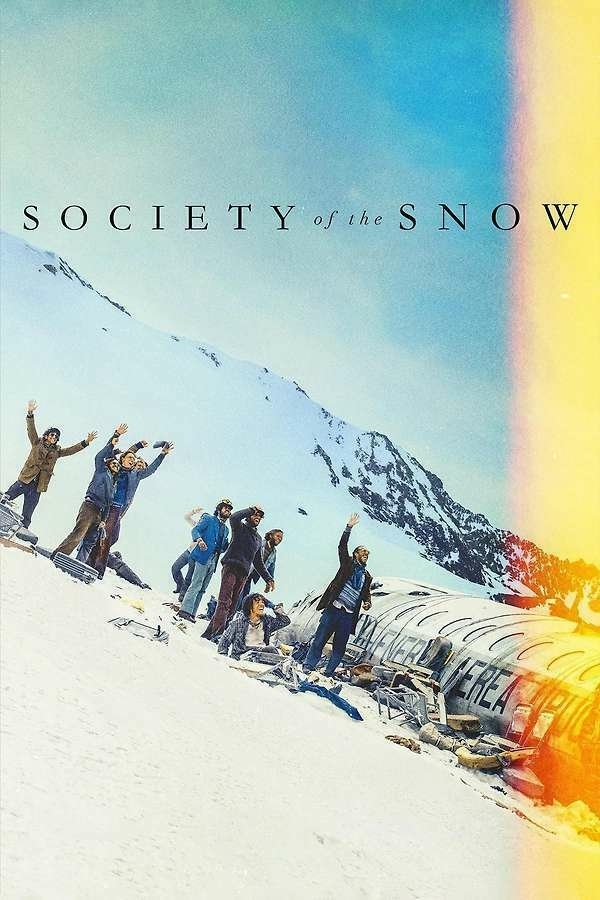
A dramatisation of the horrifying experiences of a rugby team from Uruguay whose plane crashed in the Andes on the way to Chile in 1972. Of the 43 people aboard the plane, 16 survived to eventually be rescued 72 days later!
This film contains some terrifying, extremely well-executed scenes. The crash itself, an avalanche that buries the plane after a few days. It's all immensely powerful and affecting.
Not a fun watch, exactly but a worthwhile one.
And yes, they had to eat what you imagine they had to eat, to survive. It's very well handled.
Dune: Part Two, 2024 - ★★½
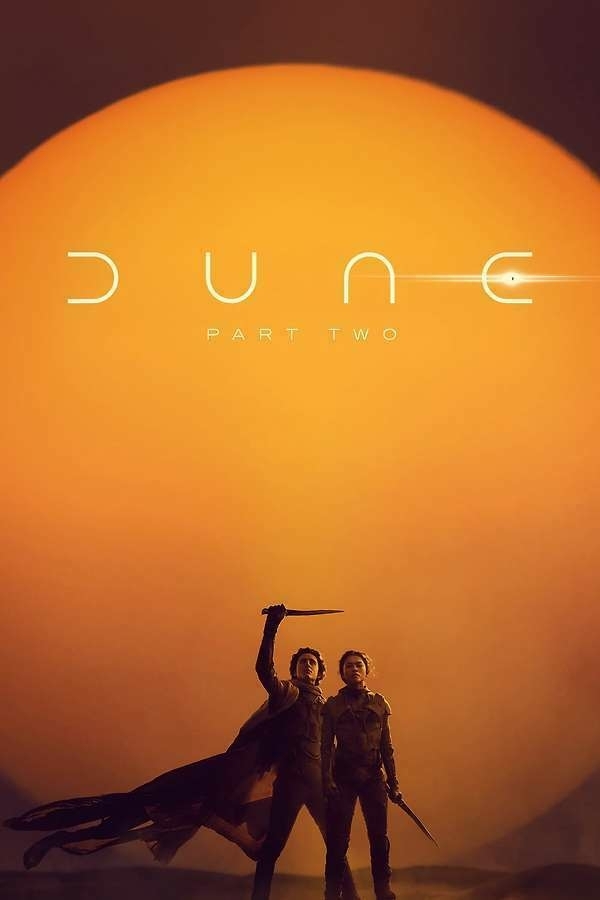
To the IMAX at Waterloo last Sunday, with a group of fellow writers from the Spectrum group. <a href=“ https://devilgate.org/2024/02/22/dune.html”>As I said, I wasn't that impressed when I watched part 1 on Netflix. Still, this would be wholly different, not least because of it being on a giant screen.
Which was true enough. That screen is almost too big, certainly when you're sitting in row G and there's a closeup: Timothée Chalamet's face shouldn't be gigantic! Luckily there weren't too many of those occasions.
More to the point, this a spectacular movie, in the literal sense: it's all about the spectacle. And there's plenty of that. Battles, explosions, sandworms, duels.
And it's all a bit… not that good really, I thought. I liked parts of it. But really disliked the overall narrative arc. As I said last time, I remember the book hardly at all. So the transition of Paul Atriedes from teen duke trying to find his way with the Fremen, to world leader and messiah figure challenging the galactic emperor himself? Frankly, I don't buy it, and I didn't like it.
My favourite moment was Chani (Zendaya) turning away and walking out when everyone else bowed down to him. In fact in acting terms Zendaya is the best thing about this film. She can express so much just with her face, it was incredible.
Of course that ability might have been exaggerated by her face being the size of a bus, but no one else was doing that.
The worst thing about it in a ways was that it didn't feel like the end brought us to a conclusion. It felt like the middle volume of a trilogy. And I'm quite sure the original book didn't feel like that. I know there are several sequels, but I don't believe it was written as the start of a series. It was a self-contained work.
In fact I started the second one, <cite>Dune Messiah</cite> (and yes, that title should have given me some clues to the above complaints) all those years ago, and couldn't get into it. Didn't finish it.
The odd thing about all this is that it makes me slightly want to go back and read the book (and maybe carry on this time).
Anyway, there we are. There had do be someone who didn't think it's the best thing since freshly-baked baguette.
The Aviator's Wife, 1981 - ★★★★
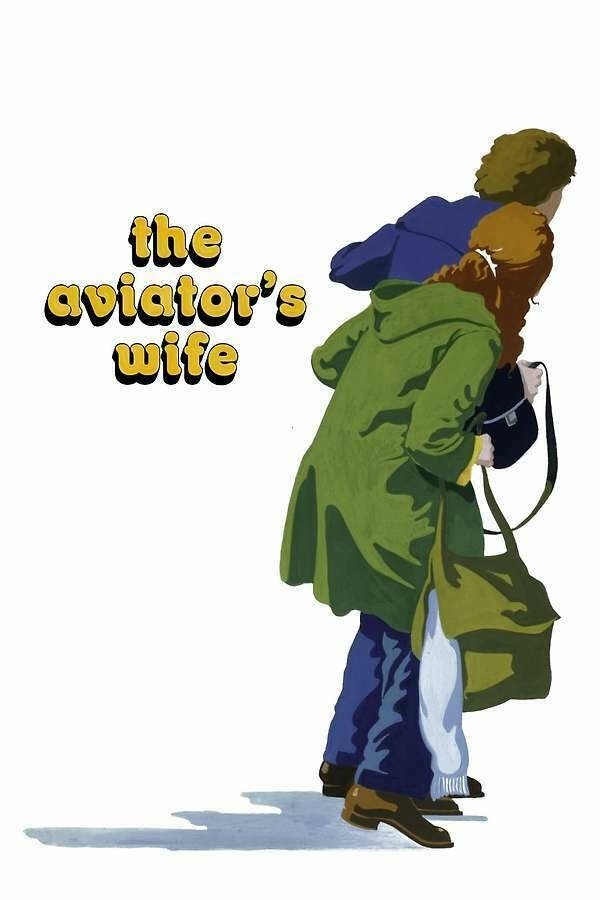
Yet another in our Eric Rohmer fest. I think this might be my favourite of them so far. A guy follows a couple around Paris because the man is the (married) ex of his girlfriend, and he wants to know what the man — presumed to be the titular flier — is doing with the woman he's with (is she the titular spouse?), when he's supposed to have left the city.
Daft but fun, as usual.
Part 3 of the Bucatini Trilogy
I didn’t know I was writing a trilogy, but here we are.
After finding the mysterious pasta shape last weekend, having learned about it in early 2021 from an article by Rachel Handler in New York Magazine, we finally tried it last night.
Rachel believes bucatini is ’the only noodle worth eating; all other dry pastas might as well be firewood.’ And she describes it as:
spaghetti but thicker and with a hole in it, meaning it absorbs 200 percent more sauce than its thinner, hole-free brethren, due to math.
Rereading the article now, I had forgotten that she did a whole investigation about the shortage, writing it as if it were about a grave conspiracy, and hoping she might be called ’the Bernstein of Bucatini'.
So what of it?
It was… fine, I guess? Like spaghetti, but thicker.
But I fear we might not be getting the real thing. From the photograph accompanying the article, the hole through the noodles looks quite substantial. Whereas in the packet we have — the brand being Tesco Finest — the hole is quite narrow. The New York photo might be exaggerating the holiness, but I suspect we’re being fobbed off over here, with fakeatini.
Certainly there’s no way it collected three times the sauce that standard spaghetti does.
Of course, if you go back to my picture from the other day you’ll see that the packet describes it as ‘Spaghetti’ in big letters, with ‘bucatini’ underneath, in much smaller type, like a subtitle.
Maybe, rather than a fake, we have a hybrid.
Dune, 2021 - ★★½
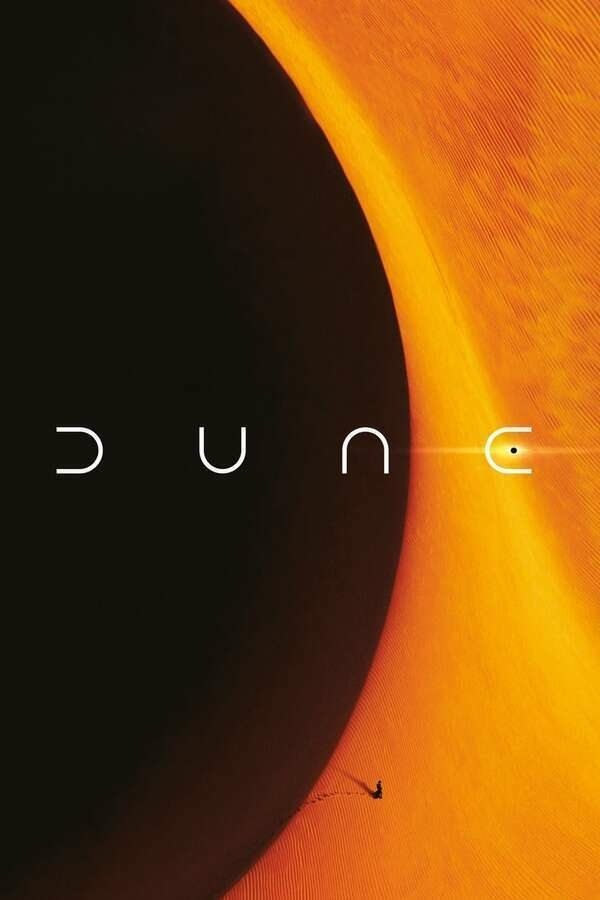
I'm joining an outing of my writing group to see part 2 at the BFI IMAX next month, so I thought I'd better watch the first one.
It's decades since I read the book, and not much less since I saw the David Lynch version, but I think I know the story too well (even though I don't remember it that well). Because I found this mostly kind of slow.
Certainly at first. It's well done, of course. The effects, the ornithopters, all that. But I was a bit underwhelmed, truth be told.
Still, it did pick up as it went along, and we'll see what happens with part 2, I guess.
Days of the Bagnold Summer, 2019 - ★★★½
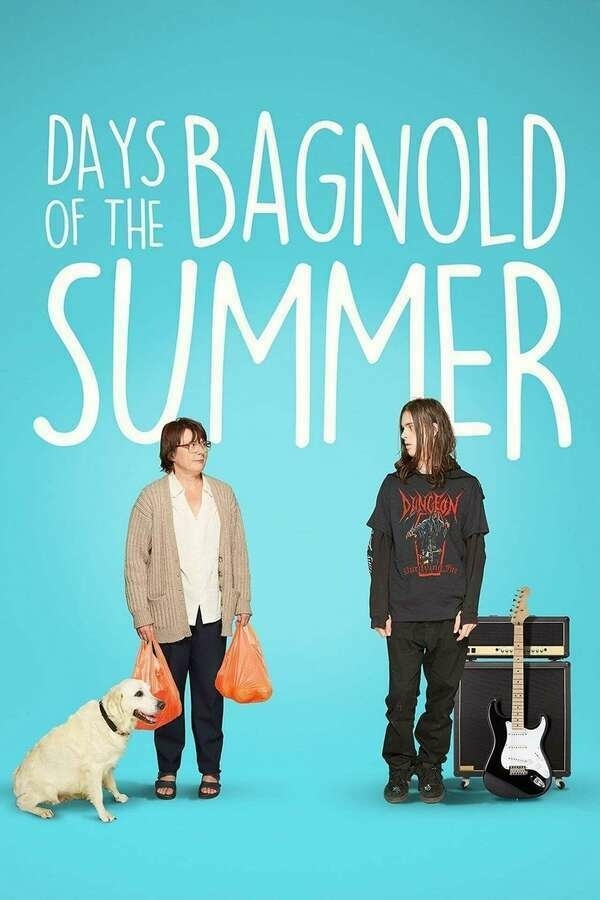
Fun wee story about a teenage metal fan and his mum one summer. With music by Belle & Sebastian into the bargain.